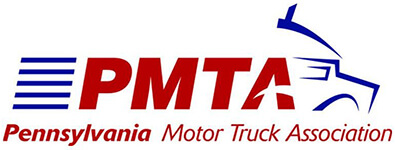FMCSA: Extension of the Modified Emergency Declaration No. 2020-002
February 26, 2022
EXTENSION OF THE MODIFIED EMERGENCY DECLARATION No. 2020-002 UNDER 49 CFR § 390.25
THE FIFTY UNITED STATES OF AMERICA AND THE DISTRICT OF COLUMBIA
The Federal Motor Carrier Safety Administration (FMCSA) hereby declares that the continuing national emergency warrants extension of the modified Emergency Declaration No. 2020-002. The extension of the modified Emergency Declaration continues the exemption granted from certain requirements in Part 395 of the Federal Motor Carrier Safety Regulations (FMCSRs) for the fifty States and the District of Columbia. See attached copy of the Emergency Declaration for complete details.
- This extension of the modified Emergency Declaration No. 2020-002 is effective at 12:00 A.M. (ET), March 1, 2022 and shall remain in effect until 11:59 P.M. (ET), May 31, 2022, unless modified or terminated sooner by FMCSA.
- By execution of this extension of the modified Emergency Declaration No. 2020-002, motor carriers and drivers providing direct assistance in support of relief efforts related to the COVID-19 public health emergency are granted emergency relief from 49 CFR § 395.3, maximum driving time for property-carrying vehicles, except as restricted herein.
- The extension of the modified Emergency Declaration No. 2020-002 provides regulatory relief for commercial motor vehicle operations providing direct assistance in support of emergency relief efforts related to COVID-19 and is limited to transportation of:
- (1) livestock and livestock feed;
- (2) medical supplies and equipment related to the testing, diagnosis and treatment of COVID-19;
- (3) vaccines, constituent products, and medical supplies and equipment including ancillary supplies/kits for the administration of vaccines, related to the prevention of COVID-19;
- (4) supplies and equipment necessary for community safety, sanitation, and prevention of community transmission of COVID-19 such as masks, gloves, hand sanitizer, soap and disinfectants;
- (5) food, paper products and other groceries for emergency restocking of distribution centers or stores;
- (6) gasoline, diesel, jet fuel, and ethyl alcohol; and
- (7) supplies to assist individuals impacted by the consequences of the COVID-19 pandemic (e.g., building materials for individuals displaced or otherwise impacted as a result of the emergency).
Powered By GrowthZone
